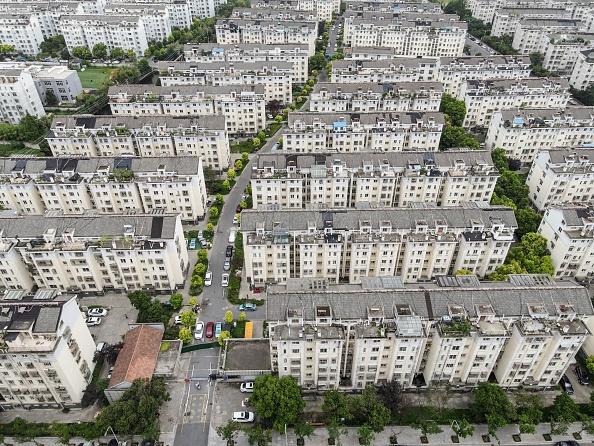Commentary
If you’ve noticed that your grass grew a little fuller and faster this year, it could be due to the pandemic lockdowns.

If you’ve noticed that your grass grew a little fuller and faster this year, it could be due to the pandemic lockdowns.